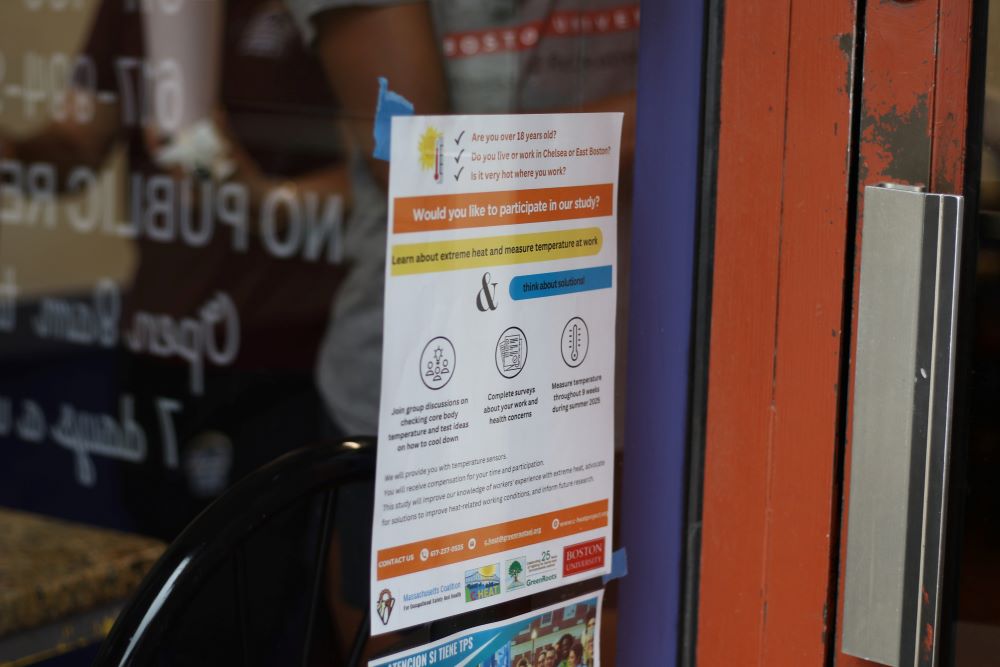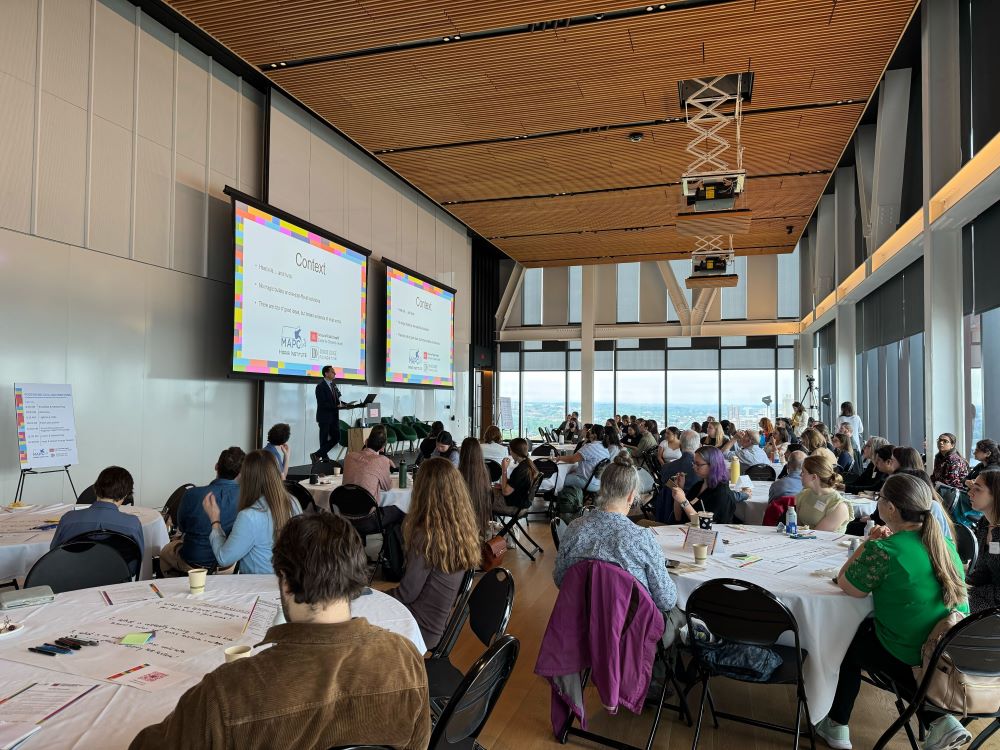of the adverse impacts of extreme temperatures on health.
for decision makers to quantify extreme heat impacts on health.
to connect siloed policies to improve heat-related exposure and health impacts on frontline communities.
Frontline communities bear the first and worst impacts of climate change.
.png)


